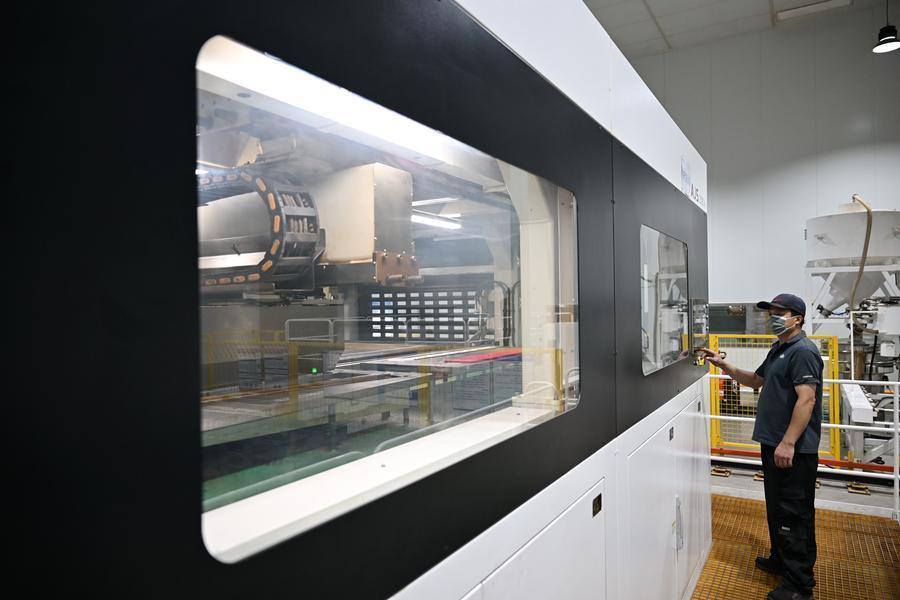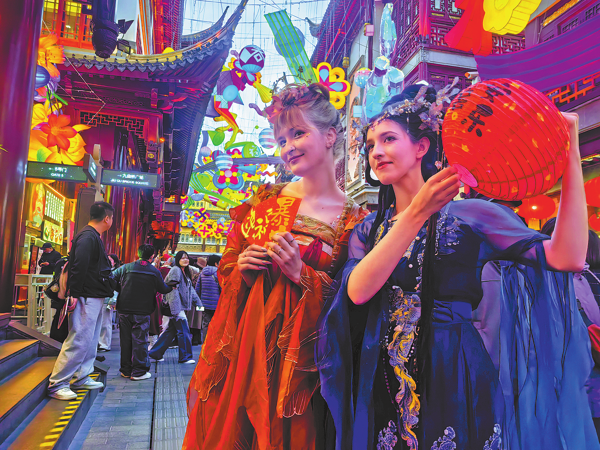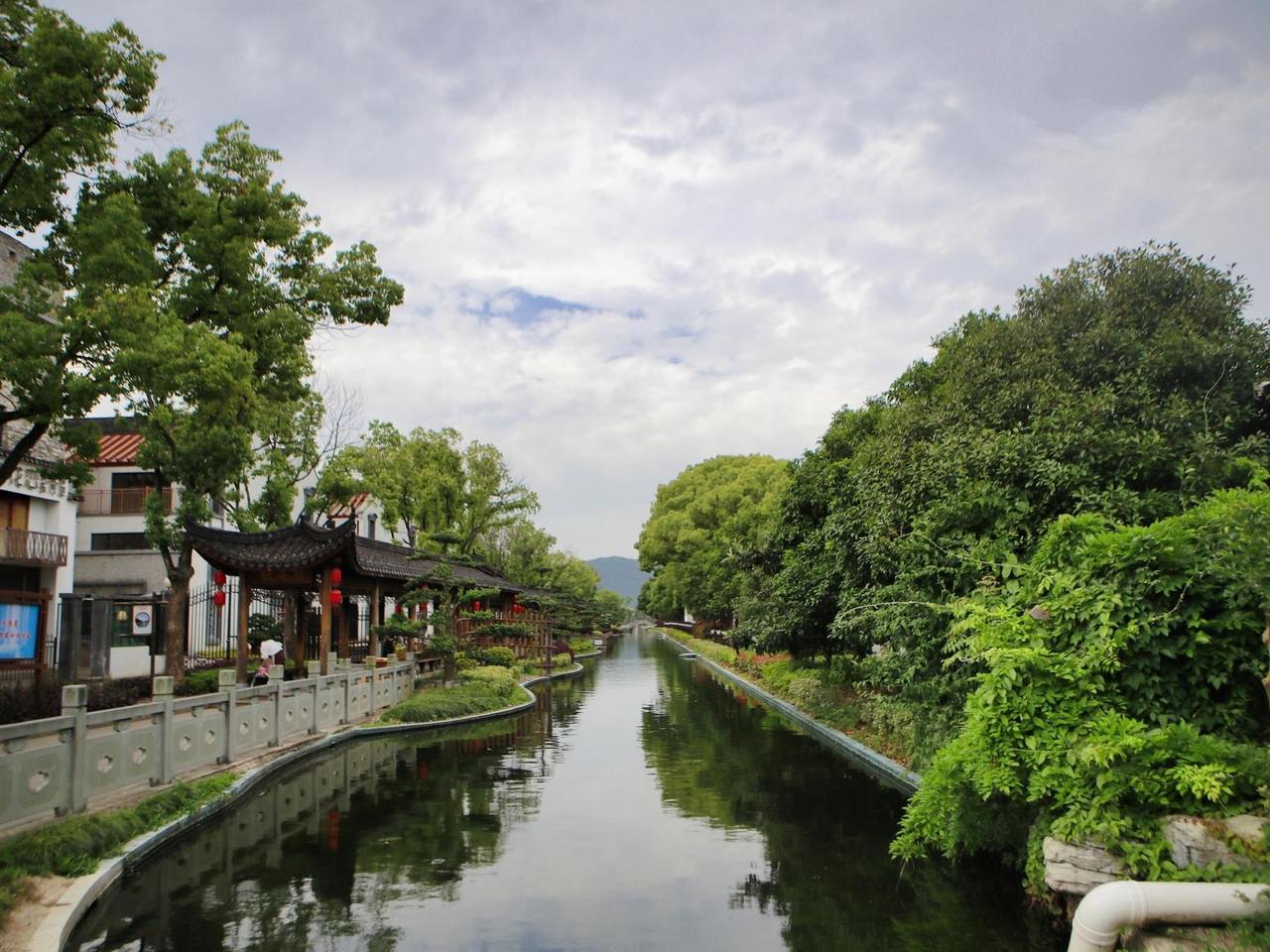Most Chinese cannot imagine major celebrations without liquor or Baijiu in Chinese. However, outside China, the dynamite-in-a-bottle booze remains mostly a novelty. But that could all be about to change. Recently, Baijiu has been showing up in bars in the U.S. and Europe, as major producers are developing smoother, export-oriented brands, while preserving centuries-old production methods.
At Luzhou Laojiao, one of the country's biggest and oldest brands, sorghum is fermented for months in deep microbe-rich earthen pits, some of which have been in continuous use since 1573. The staff, resembling Shaolin monks in bright yellow and red outfits, do all the work by hand, distilling the fermented mash in steaming-belching wooden pot stills. The end product is then aged, sometimes for decades, in giant clay pots in nearby caves. Water, soil, climate and other factors make Baijiu from different regions as different from each other as whiskey is from mezcal.
Su Wanghui, the information director at Luzhou Laojiao, said that beyond their main target group of Chinese people overseas, they really hope their friends abroad can enjoy Baijiu, too.
But there are difficulties to overcome, obviously, before the distilled spirits can follow such once-obscure "local" brands as vodka and tequila and go global.
Bill Isler, CEO of Ming River, a sub-branch of Luzhou Laojiao, said, "The biggest challenge that we face every day is that people have no idea what Baijiu is. The second biggest challenge we face every day is people say 'well, isn't this some huge shock to the palate?' and mostly this is coming from people who have never tried Baijiu. There's a lot of prejudice out there against the category."
To combat that, the "World Baijiu Day" was launched in 2015 by Baijiu lovers to promote the drink on August 9 every year. Creative cocktails or novelties such as Baijiu ice cream have also been created for first-timers. According to the information director of Luzhou Laojiao, there's still a long way to go.




